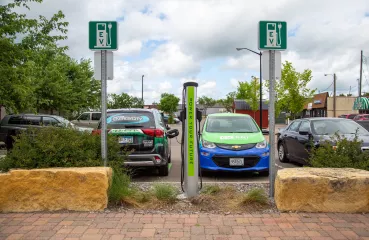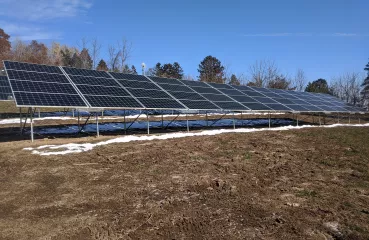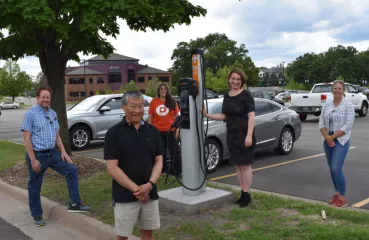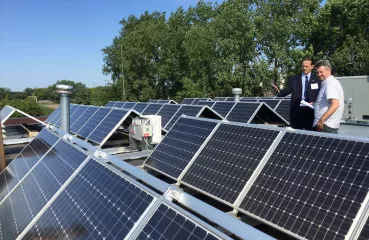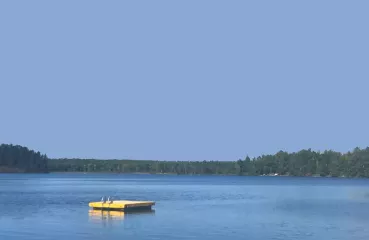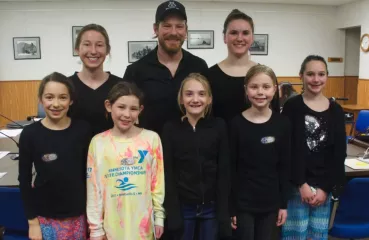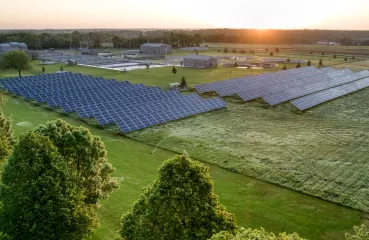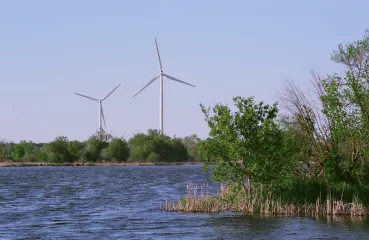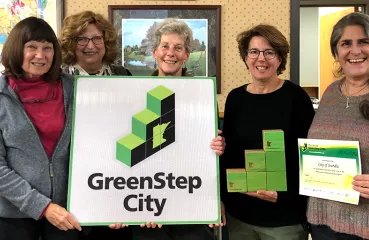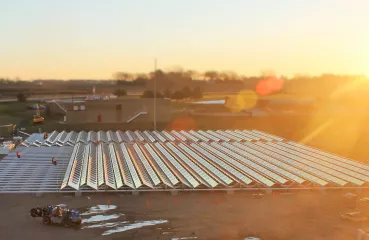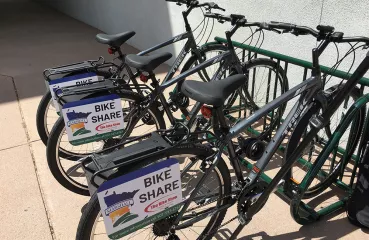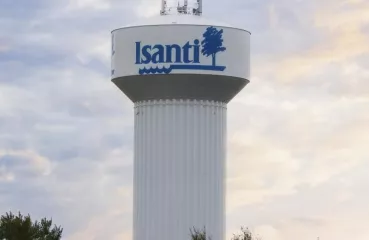However, like many of the member communities participating in the GreenStep Cities program, Warren also faces obstacles when trying to improve sustainability in their community. Mortenson says, “The mandatory recycling program failed the first time it was considered for implementation.” Afterwards though, the savings and household waste costs were presented to residents and it was then approved by the city council and implemented.
In regards to clean energy and climate change, Mortenson states that affordable energy is important and in the case that clean energy is affordable, “It would be very important to the community to build a solar field or erect a wind turbine.” Concern is also expressed when residents realize that rain events pour inches of precipitation at a time, coming to an understanding that climate change is happening.
See Best Practice Actions for more information on installing public renewable energy projects (26.5).


